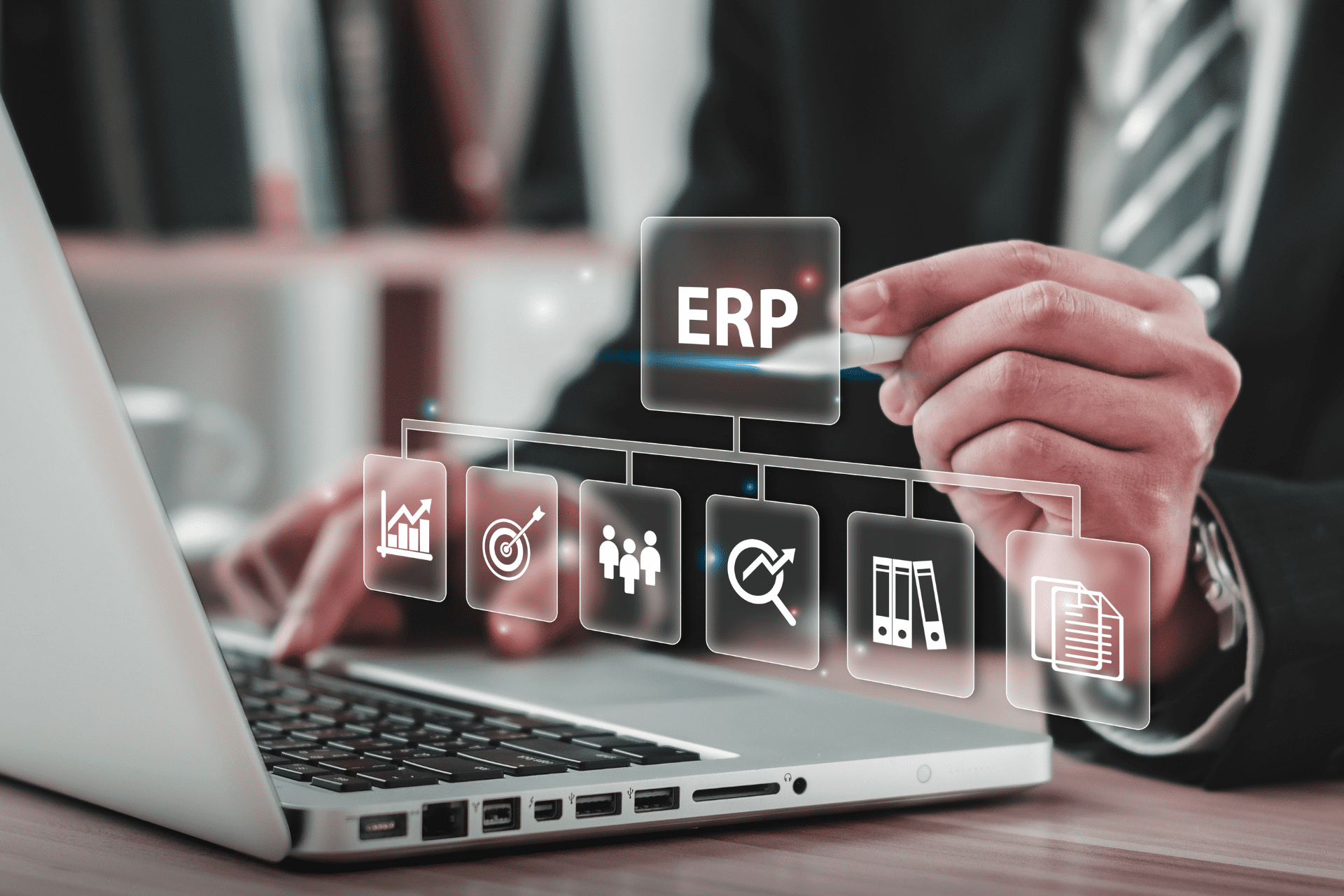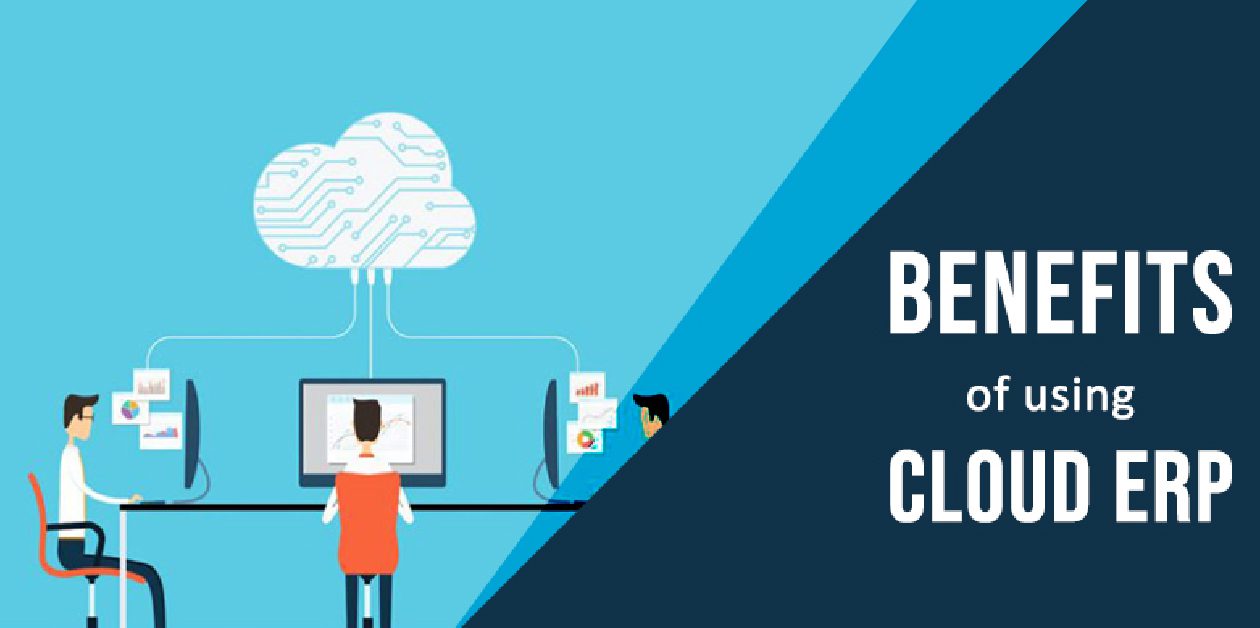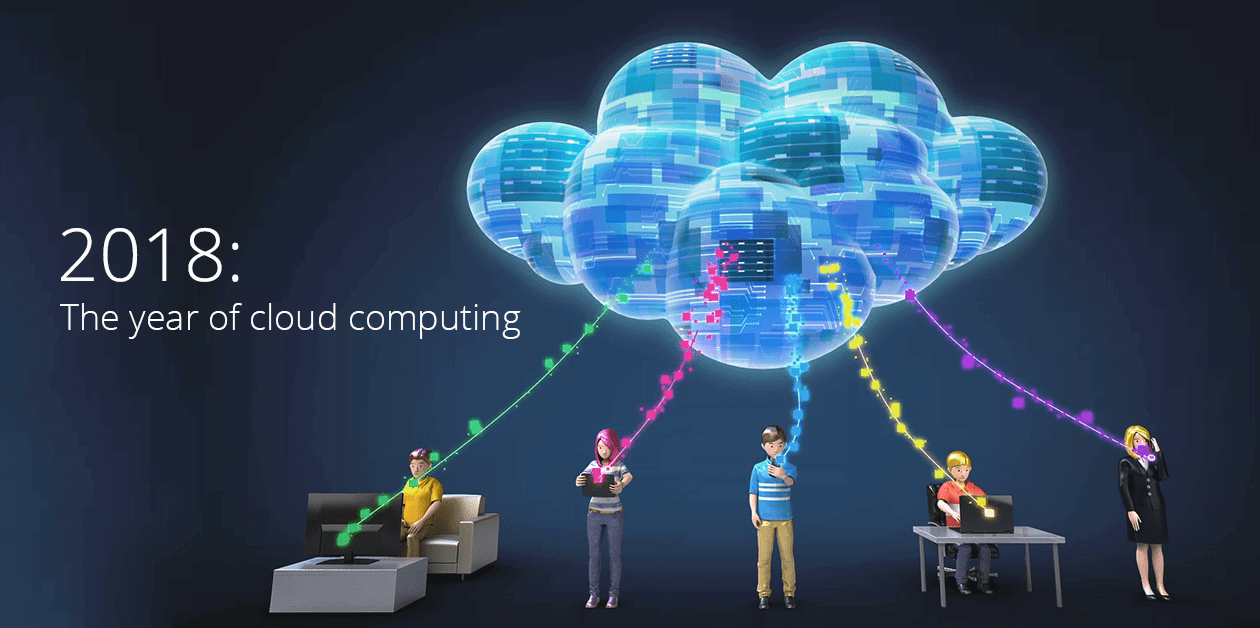Share
Read also

Business Software
ERP Trends for the New Year

Business Software
The New CRM Trends for 2026

Trends & Views
Digital Transformation Trends for 2026

Cloud
Explosive Growth in the Cloud ERP Market
What are the advantages of cloud ERP and how does it differ from on-premise systems?
First of all, cloud ERP is a solution offered by a business software vendor as a subscription service. This means that the IT department is in not involved in its maintenance , nor is it responsible for its operation, , while all upgrades and updates are automatically applied. On-premise ERP systems are installed locally, in the company’s hardware and servers, and then managed by the IT department. Furthermore, they require a significant initial investment for software, hardware and other infrastructure required for the solution’s successful deployment.
But this is not the only significant difference between cloud and on-premise ERP systems. Read below to find out the 5 most important benefits of this technology.
Security
It is true that many businesses are still skeptical when it comes to cloud security, believing that cloud encryption is not secure or that they would be an easy target for hackers. In reality though, cloud ERP provides excellent security for businesses of all sizes. You no longer have to worry about data backup, since the system monitors all activities and fully encrypts all the data stored in the ERP solution.
Real-time analytics
Another very important advantage of cloud ERP is that it offers access to real-time analytics, enabling businesses to identify important information as this becomes available, and rest assured that the data they are looking for are always relevant and updated. Real-time analytics can help a business make critical decisions, ensuring that all processes are streamlined.
Flexibility
If you have an Internet connection, you can access all your data and information from anywhere, anytime. A cloud solution stores information and executes all tasks remotely, so that even employees in other cities or countries can import data whenever they want, from any connected device (laptop, smartphone, tablet, etc.).
Less operational expenses
On-premise ERP systems require manual and continuous maintenance in order to keep up with hardware updates and upgrades, which can have an important impact on a company’s budget. On the other hand, cloud solutions come with a significantly lower operational cost. Cloud vendors provide ERP solutions against a subscription (SaaS), that can actually be adjusted to the current needs and budget of the client.
Scalability
A cloud ERP solution can be easily scaled, as the entire infrastructure can be adjusted to the required size depending on the development of the company. With onsite infrastructure, scalability can prove to be quite expensive, whereas the cloud truly simplifies the entire process.







